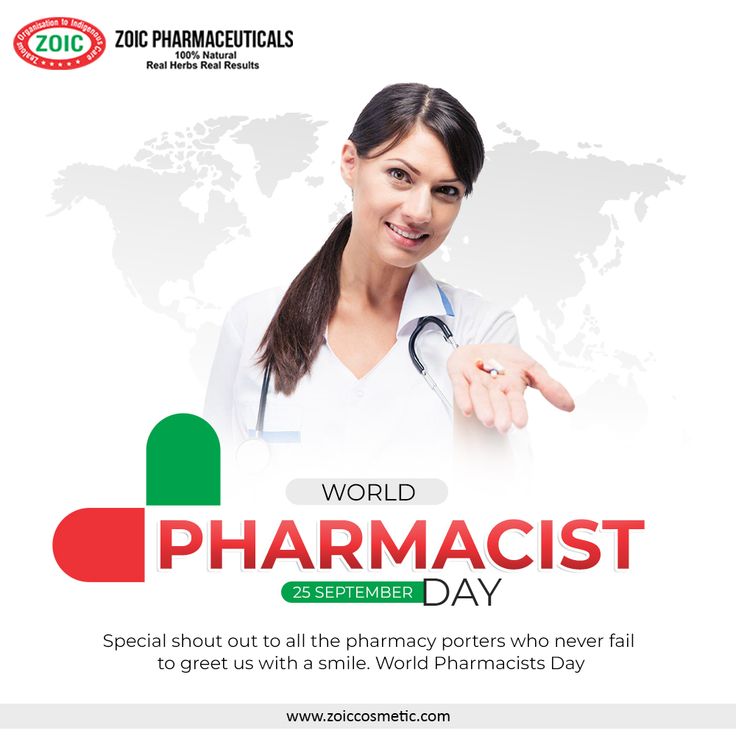The pharmaceutical industry plays a pivotal role in healthcare, providing essential medications that improve lives across the globe. As the industry grows and evolves, so does the importance of effective advertising. Advertising pharma ceuticals, which includes the marketing of prescription medications, over-the-counter drugs, and healthcare products, has become a critical element in the success of pharmaceutical companies. This article explores the significance, strategies, and ethical considerations surrounding the advertising of pharmaceutical products.

Pharmaceutical advertising is essential for raising awareness about new drugs, educating patients, and informing healthcare professionals. In many cases, pharmaceutical companies invest significant resources into advertising campaigns to ensure that their products are seen by doctors, pharmacists, and consumers alike. Effective advertising campaigns can lead to increased prescriptions, higher sales, and greater market share.
Pharmaceutical advertisements are not just about selling a product; they are about conveying important health information. Consumers often rely on these advertisements to understand the benefits and risks of medications, and doctors use them to stay informed about the latest treatment options for their patients. Thus, pharmaceutical advertising serves a dual purpose: promoting products and providing critical health education.
Types of Pharmaceutical Advertising
- Direct-to-Consumer Advertising (DTCA)
One of the most visible forms of pharmaceutical advertising is Direct-to-Consumer Advertising (DTCA). This method allows pharmaceutical companies to market their products directly to patients through television commercials, online ads, print media, and more. DTCA is particularly prevalent in countries like the United States and New Zealand, where regulations permit this type of advertising.DTCA campaigns often focus on raising awareness about medical conditions, symptoms, and treatments. These advertisements aim to encourage patients to speak with their healthcare providers about potential treatment options, which can lead to increased prescriptions. While DTCA has its benefits, it has also raised concerns about the influence it may have on patients’ decision-making and the potential for over-prescribing. - Doctor-Targeted Advertising
Pharmaceutical companies also engage in targeted advertising aimed at healthcare professionals, including doctors, nurses, and pharmacists. These ads are typically found in medical journals, at conferences, and through professional networking events. The goal is to provide doctors with the latest information about drug treatments, clinical trials, and product efficacy.Advertising directly to healthcare providers ensures that doctors are informed about new therapies and treatment guidelines. This form of advertising is highly regulated to maintain professionalism and ensure that the information presented is scientifically accurate. - Pharmaceutical Marketing Through Digital Media
With the rise of digital media, pharmaceutical advertising has increasingly moved online. This includes the use of websites, social media platforms, search engine marketing, and email campaigns. Digital advertising allows pharmaceutical companies to target specific demographics more efficiently and track the performance of their campaigns in real-time.Social media platforms, in particular, have become an essential tool for pharmaceutical marketers. Through social media, pharmaceutical companies can engage with consumers directly, address concerns, and share health information. However, this also raises concerns about misinformation and the need for ethical guidelines in digital marketing.
Advertising pharma ceuticals plays an essential role in the pharmaceutical industry’s ability to educate the public, inform healthcare providers, and drive sales. Effective advertising can increase awareness of important medications, promote patient health, and lead to better health outcomes. However, with great power comes great responsibility. Pharmaceutical companies must adhere to ethical guidelines and regulations to ensure their advertising is both accurate and beneficial to consumers. By embracing transparency, targeted messaging, and educational content, the pharmaceutical industry can use advertising as a force for good in healthcare.
Pharmaceutical advertising plays a crucial role in raising awareness, educating both patients and healthcare providers, and driving sales, but it must adhere to strict ethical guidelines to ensure accuracy and benefit for consumers.
slotqrisresmi.com
but it must be approached with ethical responsibility to ensure that it prioritizes accurate information and patient well-being over commercial interests.
allaboutimage.org
Sometimes I wonder if these ads are really helping us understand the medicines or just making us confused with all the technical terms.
slotthailandterpercaya.com
Pharma ads everywhere, but I hope they focus more on educating people, not just selling!
slotmaxwinterpercaya.com
educating both healthcare providers and consumers, while also addressing the ethical responsibility that companies must uphold in ensuring transparency and accuracy.
academia-zevulon.org
Interesting how pharma ads can educate people, but I hope they focus more on health benefits than just sales! bourls.com
Interesting how pharma ads can educate people, but I hope they focus more on health benefits than just sales! bourls.com